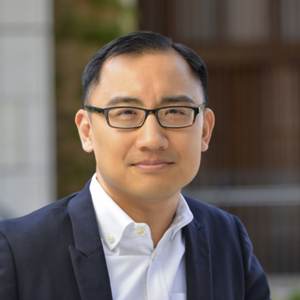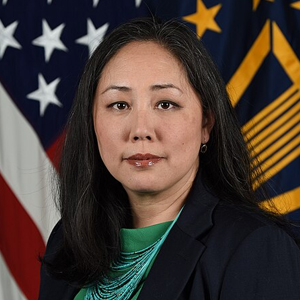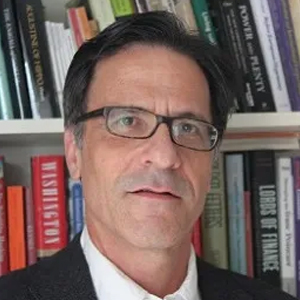Daniel E. Ho is the William Benjamin Scott and Luna M. Scott Professor of Law, Professor of Political Science, Professor of Computer Science (by courtesy), Senior Fellow at the Stanford Institute for Human-Centered Artificial Intelligence (HAI), Senior Fellow at the Stanford Institute for Economic Policy Research, and Director of the Regulation, Evaluation, and Governance Lab (RegLab).
Ho serves on the National Artificial Intelligence Advisory Committee (NAIAC), advising the White House on AI policy, as Senior Advisor on Responsible AI at the U.S. Department of Labor, on the Committee on National Statistics (CNSTAT) of the National Academies of Science, Engineering, and Medicine, as a Public Member of the Administrative Conference of the United States (ACUS), and as Special Advisor to the ABA Task Force on Law and Artificial Intelligence.
His scholarship focuses on administrative law, regulatory policy, and antidiscrimination law. With the RegLab, his work has developed high-impact demonstration projects of data science and machine learning in public policy, through partnerships with a range of government agencies, including the Internal Revenue Service, the Treasury Department, the Environmental Protection Agency, the Department of Labor, the Santa Clara County Public Health Department, and Seattle and King County Public Health. The collaboration with Santa Clara County was awarded the Innovative Practice Gold Award for “the highest level of program innovation” to serve “community during the COVID-19 pandemic” by the National Association of County and City Health Officials.
He received his J.D. from Yale Law School and Ph.D. from Harvard University and clerked for Judge Stephen F. Williams on the U.S. Court of Appeals, District of Columbia Circuit. He is the recipient of numerous awards, including the John Bingham Hurlbut Award for Excellence in Teaching at Stanford Law School, the Carole Hafner Award for the best paper at the International Conference on Artificial Intelligence and Law, the Best Empirical Paper Prize from the American Law and Economics Review, a Best Paper Award at the ACM Conference on Fairness, Accountability, and Transparency (FAccT), the Best Paper Award at the AAAI/ACM Conference on AI, Ethics, and Society (AIES), and the Warren Miller prize for the best paper published in Political Analysis.










